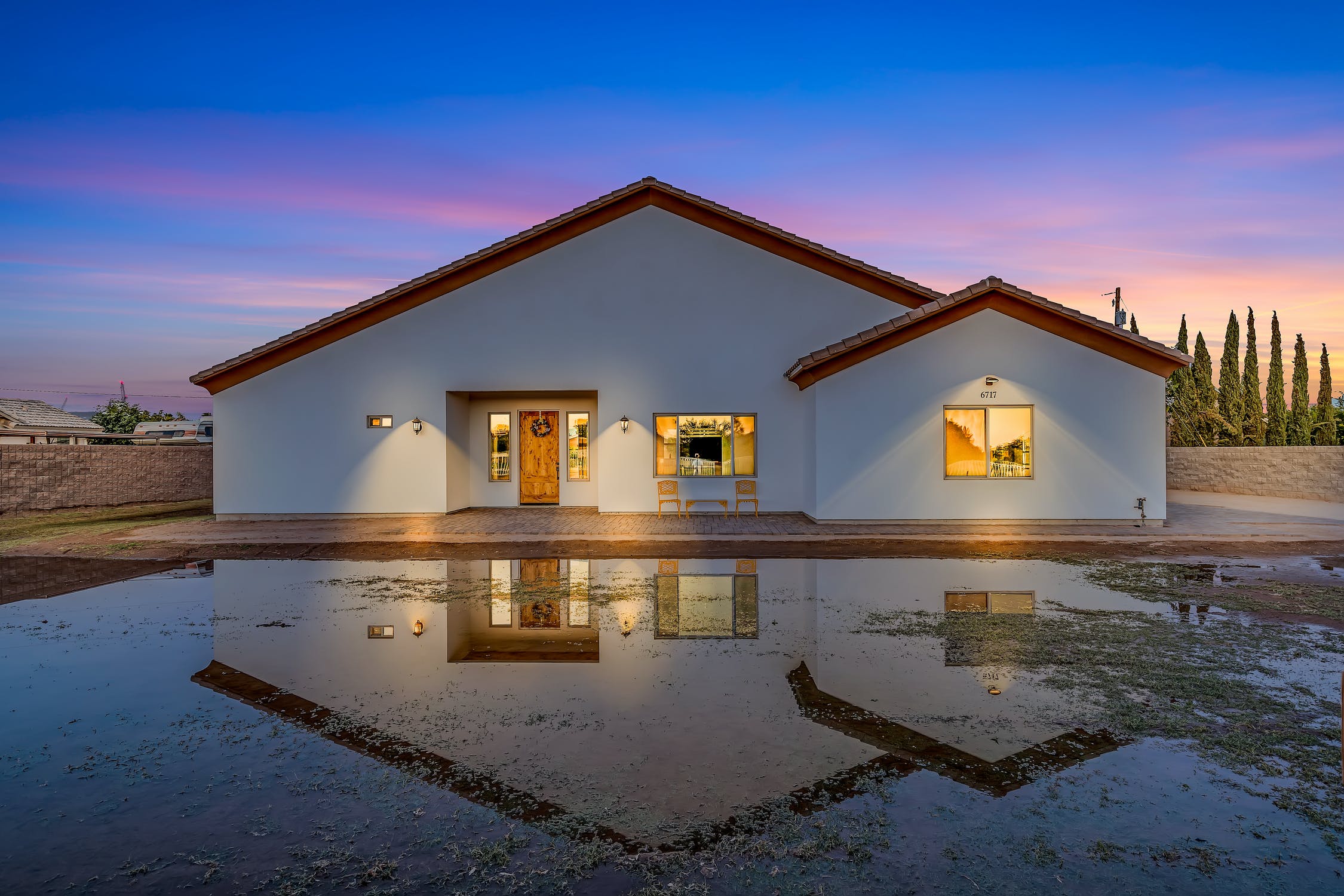Despite the nationwide return to normalcy now on the horizon, COVID-19’s economic after-effects still linger. These circumstances presented unique challenges for landlords and renters alike, but economists now predict an upward trend. Thus, with rents once again on the rise, now may be a great time to consider a second home as an investment, as many do. This is a very complex topic, however, for two distinct reasons. One, is because topical factors may prevent easy answers and analyses. Two, because the very definitions different parties use may differ substantially.
Defining a second home
Definitions regarding real estate do need to be as strict and specific as possible. The most fundamental reason for this lies in financing, as we’ll cover below. Thus, when contemplating a second home, it is crucial to define it first. There are 3 definitions to note in this context, before ideally reconciling them. Namely, the colloquial one, the lenders’ one, and the IRS’s one.
The colloquial definition
Colloquially, a “second home” is typically a property other than one’s primary residence that sees partial use. It may be a summer home that remains vacant throughout the year or one that’s primarily rented and rarely used.
The lenders’ definitions
However, lenders can, and frequently will, have very different definitions of a “second home”. Factors that may vary considerably include:
- Renting; some lenders will only define a property as a “second home” if it’s not rented at all.
- Personal use; others will do so if the owner uses it for a specific number of days per year.
- Location; finally, some will have criteria regarding its location, from it being within a set distance from one’s primary residence to being located in a common vacation area.
These definitions are crucial, as lenders may identify a second home as an investment property instead.
The IRS’s definition
Finally, the IRS has a more specific definition yet, one which will affect taxation. In brief, a property may be classified as a second home if it meets one of two criteria:
- The owner uses the property at least 14 days a year
- The owner uses the property at least 10% of the days it is rented out
Thus, you will need to use your second home as far as the IRS definition goes. Put differently, you cannot rent a property without also partially using it for it to be a second home.

A second home as a real estate investment: financing
The crucial reason why the definitions mentioned above matter is financing. Second homes will typically be much easier to finance, in that mortgage interest rates are comparable to primary residences. Credit qualifications will also often be similar, of course, depending on your income and varying across lenders.
Conversely, investment property mortgages are often more prohibitive. Lenders will usually have higher credit score requirements and may charge higher origination fees. However, some lenders will present an advantage in this regard, in that they will account for expected income. Therefore, unlike with a second home, you may be able to use your rental income to qualify for a mortgage.
The advantages of a second home
The current market does offer advantages for new homeowners, as it does not overly depend on second-home buyers. However, contemplating a second home as a real estate investment typically entails either flipping and reselling or renting.
Flipping houses is typically a more risky endeavor, which does, however, hold considerable potential for profit. Conversely, renting offers passive income generation by definition, along with other advantages like:
- Long-term profits. Real estate investments are generally very profitable, on account of steady nationwide home appreciation.
- Tax advantages. You may deduct taxes, insurance, and other costs against the property’s income. You can also deduct depreciation from your taxes.
- Investment diversification. Such real estate investments can also serve to diversify one’s portfolio, mitigating the risks of other investments.
Finally, other practical benefits stem from the property’s availability. Some will value the option of a vacation home, while others will consider it a proactive investment toward retirement.
Should you decide that a second home is a good real estate investment for you and need to relocate, options to make the process easy and simple now abound, from hiring reliable long distance movers to renting a storage unit in Florida.

The disadvantages of a second home
The negatives of such investments are also notable – hence the remaining reluctance of many investors. These include:
- Unreliable income. Depending on the property and its location, the economy at large, and other factors, rental income is not guaranteed. A prolonged absence of tenants may thus become a considerable cost to mitigate.
- Property taxes. Property taxes may also be high depending on the location.
- Maintenance costs. Finally, maintenance costs are also often unpredictable. Real estate research can certainly help plan ahead, but one may never rule out unforeseen maintenance costs.
Such disadvantages are by no means insurmountable, but they do require careful due consideration. Securing sufficient income to account for such downturns should thus be the first safeguard to ensure.
Is a second home a good real estate investment?
In conclusion, a second home may indeed be an excellent real estate investment in specific scenarios, but not in others. There can be no universal answer, as it will depend on location, lender criteria, property use, and other factors. Traditionally, it comes with some notable disadvantages, such as rental income uncertainty and unforeseen maintenance costs. However, it does offer universal advantages and circumstantial ones on account of emerging tax loopholes and other legislation. As such, despite the promising real estate boom, consulting real estate professionals should inform your final choice.





